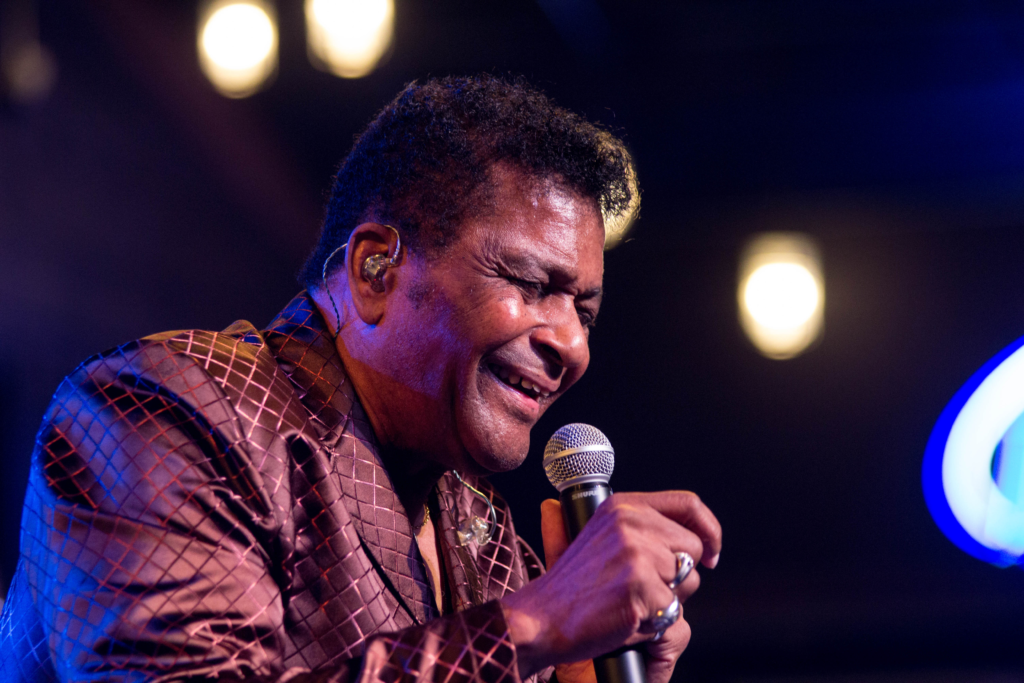
Country music, often stereotyped as a product of white rural America, has roots deeply entwined with African-American musical traditions. From the instruments that define its sound to the cultural exchanges that shaped its identity, Black musicians have played a pivotal role in the genre’s evolution. Let’s explore how their contributions have influenced country music, often in ways that history has failed to fully acknowledge.
9. The Roots of Country Music

While country music is widely associated with the rural South and white American experiences, its foundations tell a different story. Early country music was a melting pot of sounds, heavily influenced by African-American spirituals, blues, and folk traditions. These styles, born from the lived experiences of Black musicians, brought depth and emotion to the genre, forming a musical language that transcended racial divides.
8. The Banjo: An Instrument of African Heritage

The banjo, an instrument synonymous with country music, traces its origins to West Africa. Enslaved Africans introduced the banjo to America, crafting early versions from gourds and strings. Over time, it blended with European string instrument designs, becoming a staple of 19th-century American music. By the 1840s, Black musicians were its primary players. However, as the instrument gained popularity in minstrel shows, white performers co-opted it, sidelining its African heritage in mainstream narratives.
7. The Influence of Spirituals and Blues

Black spirituals, work songs, and blues deeply shaped early country music. These songs reflected the resilience and struggles of enslaved people, inspiring the first wave of hillbilly musicians who adapted them into their repertoire. Many hymns arranged by Black ministers found their way into popular country melodies, demonstrating the cultural exchange that underpinned the genre’s development.
6. Collaboration Across Racial Lines

Despite segregation in the 1920s and 1930s, music served as a bridge between Black and white musicians. This collaboration enriched the genre’s sound. Jimmy Rodgers, a founding figure of country music, famously worked with jazz legend Louis Armstrong on the groundbreaking track “Blue Yodel No. 9” in 1929. Their partnership highlighted how diverse influences shaped the genre’s evolution.
5. The Marginalization of Black Artists

As country music grew in popularity, record labels began to market it as a strictly white genre, sidelining Black contributors. This racial rebranding marginalized artists like Leslie Riddle and Rufus Payne, whose innovations had been instrumental in defining country music’s sound. Meanwhile, the rise of “hillbilly records” catered to white audiences, reinforcing a narrative that excluded Black musicians.
4. The Grand Ole Opry and D. F. Bailey

The Grand Ole Opry became the epicenter of country music in 1927, but even here, racial prejudice loomed large. D. F. Bailey, a gifted harmonica player, was one of the Opry’s early stars. Yet, due to pervasive racism, Bailey often had to conceal his race from audiences, reflecting the barriers Black musicians faced even at the pinnacle of success.
3. Charley Pride: A Trailblazer in Country Music

Charley Pride emerged in the 1960s as one of the first Black artists to achieve widespread success in country music. Despite his immense talent, Pride faced discrimination and challenges in an industry that categorized music—and its artists—by race. His perseverance and groundbreaking achievements paved the way for greater representation, eventually earning him a place in the Country Music Hall of Fame.
2. The Civil Rights Era and Shifts in Recognition

The civil rights movement of the 1960s brought overdue attention to Black contributions in country music. Charlie Pride’s success coincided with this shift, as did Ray Charles’ fusion of R&B and country in his seminal album Modern Sounds in Country and Western Music. These efforts reshaped perceptions of the genre, broadening its audience and honoring its diverse roots. Ray Charles once said, “I’m not a country singer. I’m a singer who sings country songs“. He also said that country songs and the blues are similar, with both having “earthy” lyrics that are “very down”.
1. Modern Influences and the Road Ahead

Today, country music continues to evolve, incorporating elements of hip hop and R&B while grappling with its legacy of exclusion. Movements like the Black Opry have emerged to celebrate Black artists and challenge stereotypes, ensuring that country music’s future reflects its richly diverse past.





















